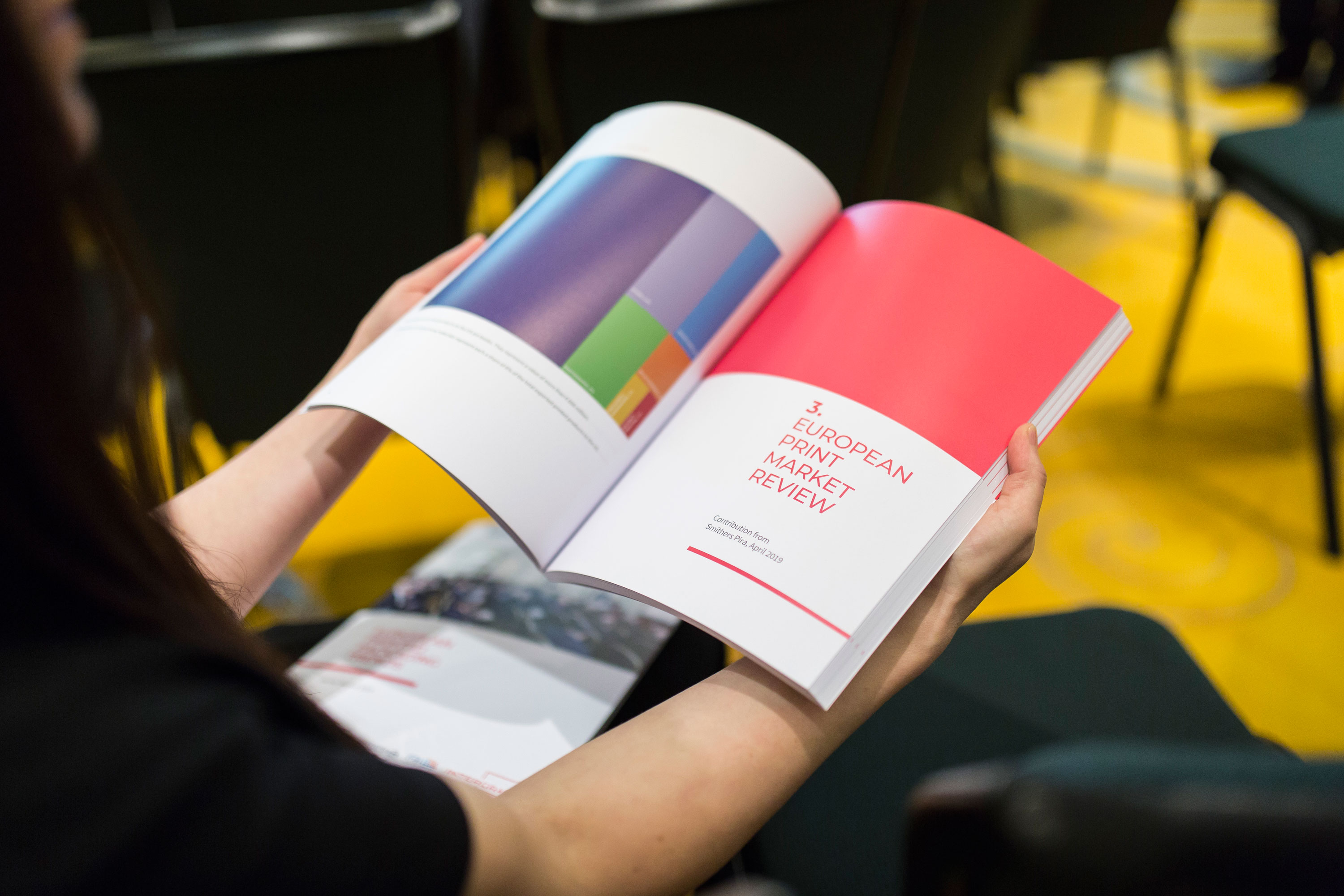Extend the Scope of the Proposed Regulation on Deforestation to Printed Products
14 March 2022

The Commission's proposal for a Regulation on commodities and products associated with deforestation and forest degradation repeals the timber Regulation (EU/995/2010) and will now regulate wood-derived products.
Since its adoption in 2010, a revision of the scope of the EU Timber Regulation was never initiated by the Commission while it clearly recognised that printed products should be considered for inclusion in the initial legislation and following progress Reports.
The ongoing legislative procedure on the proposed Regulation on deforestation is the opportunity to correct the scope on wood and extend it to printed products (Combined Nomenclature category 49). Intergraf therefore calls for the inclusion of printed paper products as follows:
ANNEX I
Wood […]
Pulp and paper of Chapters 47 and 48 of the Combined Nomenclature, with the exception of bamboo-based and recovered (waste and scrap) products
Printed paper products of Chapter 49 of the Combined Nomenclature
Intergraf represents the European printing industry, gathering 21 national printing federations in 19 countries in Europe. The printing industry provides jobs to more than 625,000 Europeans active in 112,000 companies and generates a turnover of approximately € 79.5 billion. The industry throughout Europe consists mainly of small enterprises, as 90% of them employ fewer than 20 persons.
Intergraf demonstrates below how the exclusion of printed products from the scope negatively impacts the environment and the competitiveness of European industry.
Different treatment of European vs imported printed products
Although printed products are excluded from the scope of the proposed Regulation, paper and board purchased by European printers are covered. European printers therefore have to comply with the due diligence requirements for their input material.
By constrast, imported printed products entering the European market fall entirely outside the scope of the proposed Regulation and could therefore originate from illegally harvested wood. Printers based outside the EU, in countries which are not applying equivalent legislation, can freely import into the EU market printed products regardless of the origin of their raw material.
In terms of environmental protection, this creates a significant loophole. Moreover, this creates a tremendous distortion of competition between non-EU printers, exempt from any requirement in that regards and European printers.
Imports of printed products from possibly unsafe origin
In 2021, € 1.5 billion worth of printed products were imposed from third countries outside neighbouring countries (UK, Norway and Switzerland).
Half of these imports originated from China (€ 712 million). Adding Hong Kong and Singapore, which are mainly re-exports of printed products sourced from China, and imports from India, Malaysia and Russia, which are all identified as high-risk countries, a total of € 856 million worth of printed products have been imported into the European market from a possibly unsafe origin in 2021.
Over 40% of the printed products imported from China are books, 20% are children pictures and colouring books and 11% are cards. Hence, every year over € 300 million worth of books are entering the European market without protection from illegal logging.
The pressure from Chinese imports intensified over the last decades. Imports of printed products from China to the EU have more than quadrupled since 2000 and registered historic highs in 2021.
Distortion of competition
The non-coverage of printed products creates distortion of competition between non-EU printers, exempt from any traceability requirement, and European printers.
Granting non-EU printed products the possibility to circumvent a key environmental requirement provides a significant competitive advantage to non-EU competitors. It is not acceptable that the future deforestation Regulation further incentives the imports of printed products from high-risk countries to the detriment of products manufactured in Europe.
The European Union therefore needs to ensure that the high environmental standards in Europe do not become a disadvantage in comparison to imported printed products. To restore fair competition and secure that all wood products entering the EU market protected from illegal logging, the product scope should be extended to printed products.
Environmental loophole
There is no environmental justification for the exclusion of printed products, which are wood-based products. While operators have to prove that paper and board is from safe origin, the simple fact of "putting ink on it" gives it a free access to the EU market.
This situation represents a significant environmental loophole and contributes to EU-driven global deforestation. The high environmental standards that apply to EU products should be extended to imported products, especially when it globally benefits the environment.
Image, reputation and consumers' confidence
The image of our products is also a competitiveness issue for our industry, especially when confronted with competition from digital media. Indeed, illegal logging, deforestation and forest degradation blemish the reputation of our value chain and the image of our products.
It is not acceptable for our companies that the reputation of European companies and European products are tarnished because of the behaviour of non-European competitors. The European Union should ensure that all printed products on the European market regardless of their origin are deforestation-free.
Consumers' confidence in our products is a further concern. In practice, consumers rarely look at the origin of the book they buy. It is therefore crucial that European consumers can trust that the books or children colouring books they buy on the European market do not contribute to global deforestation. The future deforestation Regulation should provide this guarantee to European consumers.
Intergraf therefore calls on the legislator to restore fair competition on the European market, close the environmental loophole and secure the reputation of and confidence in printed products in Europe by extending the scope of the proposed Regulation on deforestation to printed products.
Find the full statement HERE.
Contact: Laetitia Reynaud
{K2Splitter}






